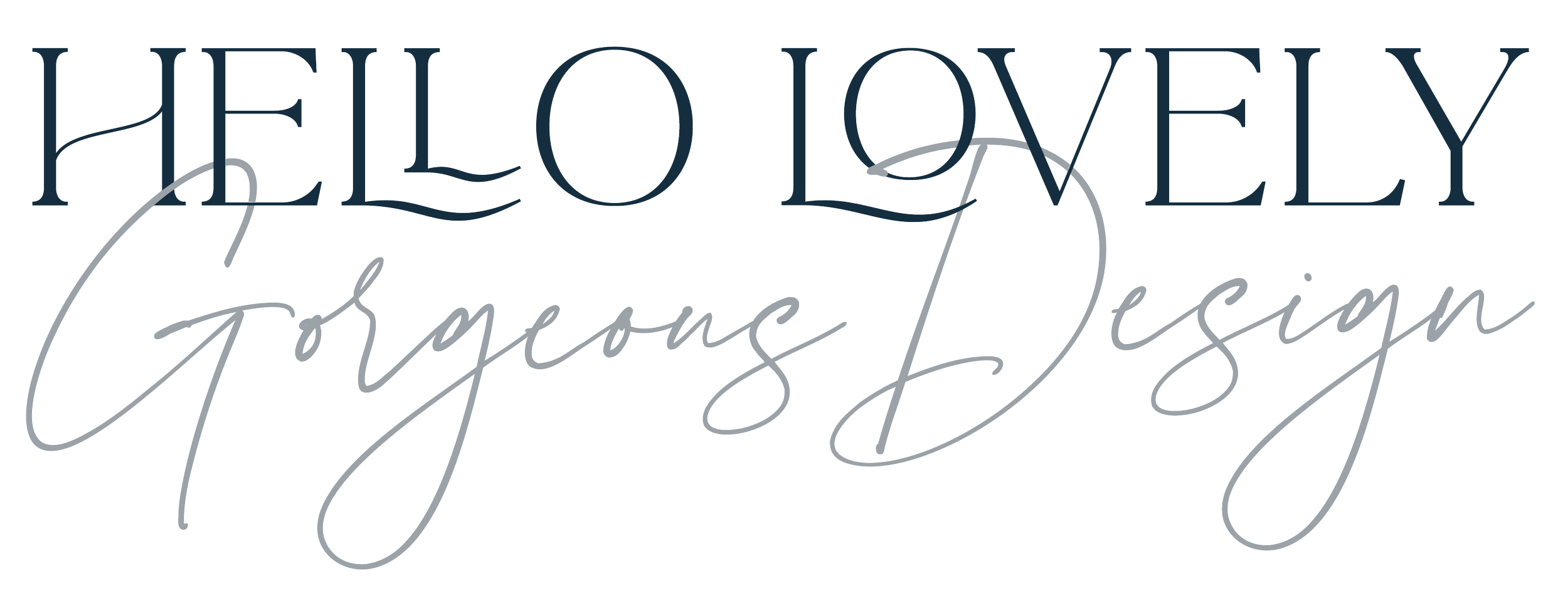A-Z of book publishing - advice on budgets
Today’s A-Z could have been about books, binding, book launches or blogging. Instead I’ve gone with budgets. Yes, I know it’s not very exciting but ensuring you can pay for your book is important. What funds you need depend on how you are producing your book (pitching to publishers independently or via an agent, or self-publishing), if the book is print or eBook and what skills you’ll need to contract in. The typical part of a book project that requires a budget are:
Your time (not just writing, but finding suppliers, production time if you are doing the work yourself, taking time to promote the book, speaking about it)
Contracted services such as agent, editing, proofreading, design and social media marketing
Production services including print and eBook
Marketing
Book launch
Website hosting costs
Headshots for marketing purposes
Travelling expenses
Postage
Cost adjustments
If all makes you worried about affordability then there are ways to save money or raise funds. What I stress the most is talking to suppliers, other authors and seeking recommendations. Be wary of going for the cheapest option unless you are confident the work is up to your standard. A good service is worth a thousand cheap also-rans.
If you are publishing an eBook, check the royalty payments schemes on different outlets. Amazon may not always been the best choice.
Print on demand means books are printed as they are ordered. The quality can be variable but the savings can be good and it saves you having to keep a stock of books in your home or pay for storage costs.
Printing in bulk means paying a printer up front for a bulk quantity. You will need storage space and to be certain you can sell every copy of your book. It can be cheaper per book because you only have to pay the set-up costs of the printer once.
Online printers will offer deals on popular paper stocks so they can get better deals from paper merchants so the more standard your book can be in its design then the less it will cost to print.
You don’t have to deal with online printers, ask for recommendations in author groups and look locally in your area. Not all printers work in book printing as it requires specialist bindery equipment to complete books but The Langham Press and Latimer Trend are two great book printers.
Lamination, specialist binding and colour all add to print costs.
If you are printing, asking the printer for any damaged books or proof copies. Use loose sheets in marketing material and at book launches. The Balsham Map Group decorated a Christmas Tree with some of their pages and gained book sales this way!
Do try to avoid asking for people to work for free. Designers, photographers and editors all trained for their trade. If you have to ask for people to work unpaid, consider if this is the right time to publish. It is better to pay than have poor quality, free work.
If you are writing full-time, can you take in any freelance work or a part-time job to fund your project?
Unbound, Crowdfunder and Kick Starter all feature publishing projects. If you have a unique book and you can see ways to raise capital in this way, do consider it.
Takeaway
It’s important to plan ahead and make sure you have enough money for the entire publishing process. You don’t want to hit your release date only to realise you have no money (or time) for marketing. If you have to wait to save up money, that’s okay. It’s better to push your release date back rather than rush through. When you create, publish, and market the best book you can, your book’s chances for success will increase, too.
How Hello Lovely can help you
I can support you by providing the information you’ll need to make informed decisions about where you want to spend your money including design.

